-
•
•
33 responses
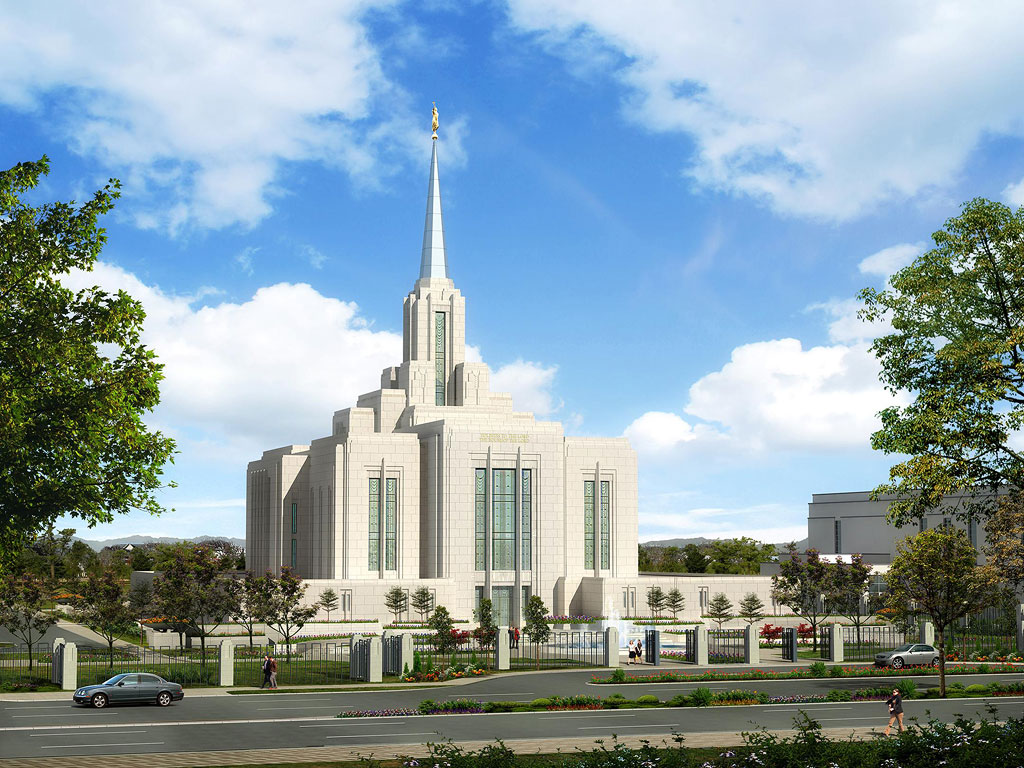
This weekend I got to drive past the Ogden Utah Temple, which is currently surrounded by a high fence as it undergoes a major renovation. While there is nothing new with renovating a Temple, as far as I can tell, this is the first time that the outside appearance of a Temple has had such a significant change. What does this mean? Read More
-
•
•
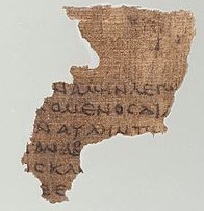
Background 1 and 2 Corinthians are two of perhaps four letters that Paul wrote to the saints in Corinth. The first letter (referred to in 1 Corinthians 5:9-13) has not been preserved. 1 Corinthians is the second letter, written partially in response to reports of problems in Corinth and partially in response to questions that the Corinthians had written to ask Paul. As we can see in 1 Corinthians 16:3-6, when Paul wrote 1 Corinthians, he intended to visit Corinth later, and he promised to send Timothy to Corinth. Timothy may have been the messenger who carried 1 Corinthians to… Read More
-
•
•
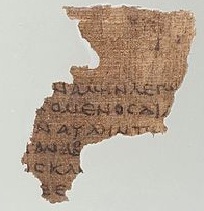
Every so often I insert this reminder: These are study notes, not notes for a lesson. Of course, studying the chapter can help one prepare for the lesson, and the same questions used for study can be used to teach a lesson. But the primary purpose of these notes is to help people think about and prepare to talk about the Sunday School lesson. Recall that in this part of his letter Paul is responding to questions that the Corinthians have asked him by letter. (See the questions for lesson 33.) Chapters 7-15 comprise his response to their questions, and… Read More
-
•
•
11 responses
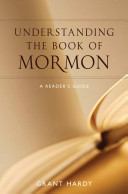
Every semester, one of my principal goals in my tax classes is to get my students to engage with the Internal Revenue Code. And it’s harder than you might think: often they don’t read the Code itself, focusing instead on the explanations in their casebook.[fn1] And their aversion to reading the Code is completely understandable: unlike court decisions, the mainstay of law school, there is no narrative flow, no character, no imagery, nothing that we traditionally latch onto in order to immerse ourselves in a text. And frankly, using the casebook isn’t a bad short-term decision. The casebook explains what… Read More
-
•
•
11 responses
This is the fourth in a series of reviews of Grant Hardy’s Understanding the Book of Mormon: A Reader’s Guide (OUP, 2010) that we are posting this week at Times and Seasons. It says something about the book that there is still a lot to talk about. Read More
-
•
•
3rd Brazilian Mormon Studies Conference Annual Conference of the Associação Brasileira de Estudos Mórmons (Brazilian Mormon Studies Association –ABEM) January 28, 2012 São Paulo, Brazil Call for papers “Mormonism and its relationship with other denominations” The Mormon religious tradition is based on the concept of an apostasy by all Christian denominations and their consequent lack of divine authority, hence the claim to be the “only true and living church.” In contrast, this same tradition emphasizes its members’ broader religious freedom, and even their need, to recognize and seek the whole truth from any source, including other religious traditions. This dichotomy… Read More
-
•
•
14 responses

Last week I took my family to the Utah Shakespearean Festival for our annual visit with friends. For those who don’t know, the performances and presentation at the festival are first rate (we frequently go to the theater at home in New York City and we have often found the plays at the festival better than those both on and off Broadway). But what is even more impressive to me is that the festival exists because of the vision of a returned missionary fifty years ago. Read More
-
•
•
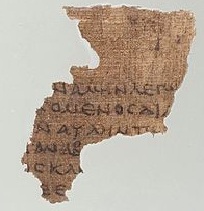
Some background on 1 Corinthians (in addition to that given in the Bible Dictionary): The church at Corinth was founded by Paul in 51 A.D, and this letter was probably written in the early spring of 57. Corinth had a reputation for debauchery in the ancient world, and that in a world that was tolerant of sexual promiscuity of all kinds. Paul and Sosthenes (the two of them are the senders of this letter—see verse 1) are responding to two things: reports from Chloe about what is happening in Corinth (chapters 1-6) and a letter that the Corinthian members have… Read More
-
•
•
107 responses
In the comments to Dave’s post discussing Joanna Brooks’s discussion of myths about Mormonism, the conversation is getting hung up on whether her citation of 14.1 million members is disingenuous[fn1] or not. That discussion, I believe, misses the point.[fn2] Why? Baseline. First, because 14.1 million is as good a number as any. Sure, in a real discussion of how many Mormons there are, you need to do a whole lot more work to define what you mean by “Mormon.”[fn3] There are some areas that are clear: for example, it’s hard to argue that a person who has been baptize in… Read More
-
•
•
77 responses
If you haven’t read “Five Myths About Mormonism,” a piece at the Washington Post by Joanna Brooks, you should. There are plenty of Mormon myths out there, but few people are going to visit the LDS Newsroom or the Mormon Defense League to upgrade their ideas about Mormons and what we believe. We need more articles like this in the mainstream media to get the message out. Read More
-
•
•
16 responses
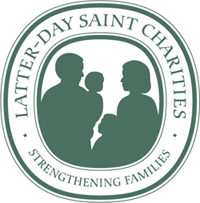
Earlier this year I decided I wanted to put together a list of charities and other “good causes” that were either founded or run by Mormons. Of course, it shouldn’t matter at all the religious background of a charity’s founder or management. If they are doing good work, then they deserve support regardless. But in reality affiliation matters to many people. Read More
-
•
•
40 responses
(Note: this is part 1.5 of series that looks to be running at least 4 posts long at this point. Part 1 is here.) In the comments, Naismith pointed out that the $400/month is not the sole expense potential missionaries face. In order to go on a mission, a potential missionary needs a dental exam (including, at least in my case, getting his or her wisdom teeth removed) and a medical exam. There are also clothing costs—for my mission (IIRC), I needed 10 short-sleeved white shirts, 2 long-sleeved white shirts, a bunch of ties, two suits, a couple pairs of… Read More
-
•
•
32 responses
In the last post on the Handbook, I noted that Church leadership seems to me to have emphasized collaborative leadership in recent decades. For the issues that face most Church members on a weekly basis, the Ward Council is where that collaborative leadership actually happens. Read More
-
•
•
41 responses
It always helps to know who wrote what you are reading, and Bible books are no exception. The four gospels, in particular, present interesting questions of how the narratives were composed and who did the composing. Read More
-
•
•
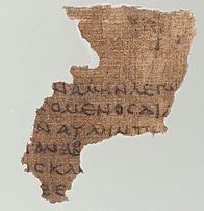
The readings from Acts tell of Paul’s third missionary journey, to Galatia, Ephesus, Macedonia, and Greece. (See the maps in your LDS Bible.) Acts 20:28-32 Verse 28: To whom is Paul preaching in these verses? (See verse 17 and footnote “b” for verse 28.) The Greek word translated “overseer” is episkopos, the root word for the English word “episcopal.” It is often translated “bishop,” but “overseer” is a good (and very literal) translation because it shows what the episkopos does: he watches over others to see that they do their jobs properly. It may or may not refer to what… Read More
-
•
•
33 responses

The announcement this week that a group of BYU students is starting a new Student Review raised a lot of memories for me. Twenty-five years ago I was one of the group “tired of the universe” which was doing the same thing—starting an off-campus student newspaper for BYU students. Read More
-
•
•
65 responses
(Note: this is part 1 of an at-least-3 part series.) During the 19th century, missionaries often travelled without purse or scrip, relying, instead, on the hospitality of the very people they were trying to teach and convert. And the practice apparently continued, at least in part, until the mid-20th century: until as recently as 1952, missionaries would spend at least some of their time traveling and teaching without purse or scrip. But, as missionary work became urbanized, and as the world became what it is today, missionaries (with the help of their families and their congregations) began supporting themselves, rather… Read More
-
•
•
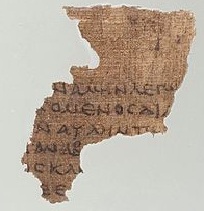
Almost all of our lessons cover an incredible amount of material. However, this lesson covers even more material than usual: 3 and one-half chapters of Acts, 5 chapters of 1 Thessalonians, and 3 chapters of 2 Thessalonians. To try to make the material more manageable, I will focus on 1 Thessalonians 4-5. As you will see, however, even that has produced a long set of study materials. 1Thessalonians is the oldest New Testament document we have, written before any of the Gospels or other letters. Thessalonica was a Greek city, the capital of the Roman province of Macedonia. You can… Read More
-
•
•
52 responses
I’ve always felt quite ambivalent about Pioneer Day, although in recent years I’ve spent it in Utah rather frequently and am descended from the gentleman who proclaimed “this is the place.” In my case, I’m not only separated from the Mormon pioneers by more than 125 years, but also by 2,200 miles (I live in New York City). [Often ignored is that more than 1/3rd of the Mormon pioneers who crossed the plains did so after arriving at the port of New York.] Read More
-
•
•
28 responses
In light of the Church’s recent policy statement banning some Church authorities from endorsing candidates, and the speculation that the Church’s political neutrality derives from its desire to stay tax-exempt,[fn1] I thought I’d present a brief primer on the tax exemption.[fn2] The Revenue Act of 1894 probably represents the birth of the modern federal income tax. An inauspicious birth, to be sure–it was struck down as unconstitutional in 1895–but the birth, nonetheless. True, it was enacted 19 years before the 16th Amendment permitted direct taxation (whatever that is), but it set the stage for the income tax to come. Including,… Read More
-
•
•
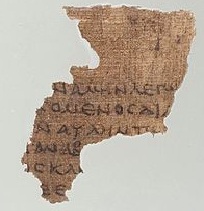
This part of Acts tells the story of the beginning of the mission beyond the area immediately surrounding Jerusalem to “the uttermost part of the world” (Acts 1:8). As you read these stories, notice how important the Twelve are in that work. Why do you think that they didn’t delegate more of the missionary work? Is there any connection between the extreme dependence of the early Church on the Twelve and the later apostasy? Notice also that the members of the Church come into greater conflict with traditional Judaism because of this missionary work. For most of the first century… Read More
-
•
•
18 responses
The LDS Church emphasizes leadership like no other. Because of the requirement that the Church be run by lay leaders who are frequently changed, leadership is a regular part of the curriculum, especially in priesthood classes. And, despite these efforts, the quality of leadership often varies. Inspiration, it seems, can only make up for a portion of a lack of leadership skill and talent. Read More
-
•
•
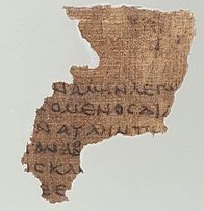
Acts 6 Verses 1-7: Who were the “Grecians”? We would probably call them “Hellenists.” Remember that as yet the Gospel has not been preached to the Gentiles, so who might these people have been? Who were “the Hebrews”? Is there anything comparable to this division in today’s Church? Why were the Grecians complaining? The word disciples (verses 1-2) translates a Greek word that means “learners” or “students.” Why would Luke use that name to describe the members of the Church? In verse 2, the phrase “serve tables” is a misleading translation of a Greek idiom meaning “keep accounts.” (Just as… Read More
-
•
•

There are several stories in these chapters: In chapter 1, we learn that Jesus ministered to the apostles for forty days after his resurrection and that Matthias was chosen to fill the vacancy left by Judas. Chapter 2 tells us of the visit of the Holy Ghost on the day of Pentecost, the gift of tongues given to them as a sign of the Holy Ghost, and Peter’s sermon admonishing those who hear them to repent and be baptized. Chapters 3-4 tell of Peter and John healing a lame man which resulted in many people believing their preaching, and the… Read More
-
•
•
21 responses

Our series continues by looking at Priesthood Principles, the second of three foundational chapters found in the recently published Handbook 2 (“H2”). I’ll first touch on the status of H2, then discuss some of the topics covered in the three pages of Chapter Two. Read More
-
•
•

Matthew 28 Verse 1: Who was the other Mary? (See Matthew 27:57.) Verse 2: Rather than “And behold,” “Look!” is probably a better translation. The angel only rolls back the stone when the two Marys come to see the tomb. Does Jesus leave the tomb at that time, or has he already left? Verses 2-5: Why don’t the women faint when the guards are so frightened that they do? Verse 5: Why does the angel describe Jesus as “which was crucified” rather than “your Master” or “who wrought the Atonement” or in some other way? Verse 6: “He is risen”… Read More
-
•
•
8 responses

While 13 Mormons are among the 750 active players on Major League Baseball rosters at this point, just two (of 68 players) are on the rosters for tomorrow’s All-Star game. And with one player in each league, there is no clear team to root for in tomorrow’s game. Read More
-
•
•
29 responses
When I was just off my mission, President Hinckley announced that, in answer to a question about how to provide temples to smaller LDS communities, he had been inspired to construct smaller temples. There was a palpable sense of excitement at BYU, as we saw the prophet make what we regarded as a prophetic announcement. And, as a result of this revelatory change, we waited with baited breath for other announcements of revelatory changes. Occasionally I run across complaints about the bureaucracization of the leadership of the Church. The complaints seem to suggest that that’s not the role of a… Read More
